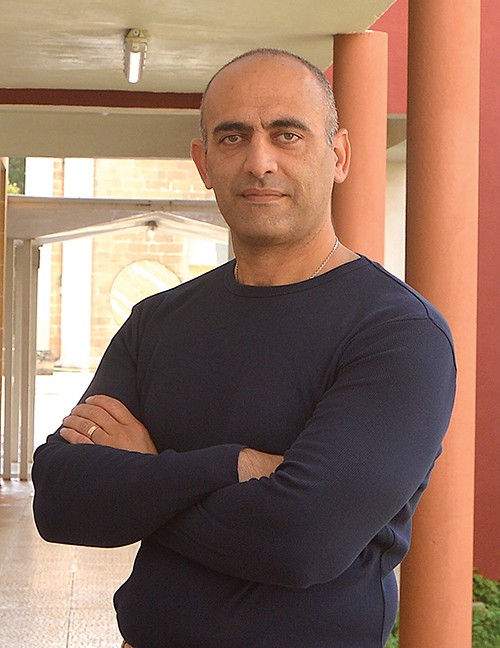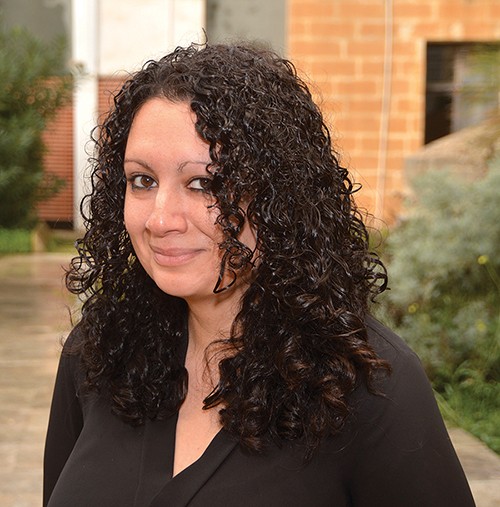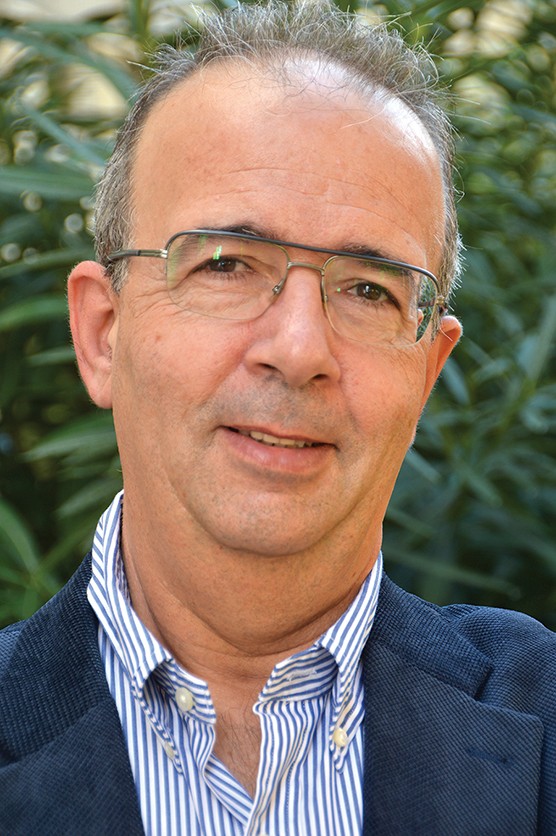
Curbing extremism and violence is high on the global agenda. With prisons known to be a breeding ground for recruiters, are we doing enough to protect our inmates? Michela Scalpello writes.
This year, on the afternoon of May 29, Benjamin Herman went on a rampage in Liège, Belgium. He stabbed two female police officers, then shot them dead with their own guns, before killing another civilian. Claims from the Islamic State’s propaganda agency said that Herman was a ‘soldier of the caliphate.’ Speaking to the media, federal magistrate Wenke Roggen said the attack was considered a ‘terrorist murder and attempted terrorist murder.’ Prisons are known to be breeding grounds for radicalised violent extremism. Their populations are vulnerable and susceptible to influence, with little to no family ties and support networks. They’re often also marginalised, burdened with identity issues and psychosocial problems. The prison environment can exacerbate a personal crisis and a search for meaning and identity, opening a window for those recruiting people into extremist causes. At the University of Malta, prison volunteer Dr Joseph Giordmaina (Prison Education and Re-Entry Programme, Faculty of Education) and former probation officer Dr Trevor Calafato (Department of Criminology) are working on a project dedicated to fighting the spread of extremist ideologies among inmates. Funded by the European Union, the FAIR (Fighting Against Inmates’ Radicalisation) project wants to educate prison operators, as well as inmates, on the concept of radicalisation within a European setting. While at the Corradino Correctional Facility, as in Malta in general, radicalisation is not a big issue, the power of knowledge should never be dismissed. FAIR uses education as its weapon of choice, making people aware of the warning signs before something regrettable happens
Giordmaina’s interest in education as part of inmate resettlement, intertwined with Calafato’s knowledge of the criminal justice system, saw them focusing on terrorism and security studies to contribute to a solution that will address the realities of radicalisation. Many are quick to judge inmates; ‘Lock them up and throw away the key!’ they say. But this attitude, and the isolation it results in, is what leads to terrible consequences in the first place.

With this philosophy firmly in mind, the team sought to put together a training manual outlining an innovative and eclectic approach for prison operators. The manuals that are currently available do not do this, and prison staff often admit that they do not feel competent enough to deal with radical views and radicalisation. Tempering this major security risk has been our priority. The ball started rolling when I, Michela Scalpello, joined the team as a research support officer. My experience within the penitentiary sector proved critical in collecting data from all nine countries involved and building eleven key lessons. The manual raises awareness and builds on knowledge related to the whole spectrum of radicalisation—from recognising the early signs, to the resettlement of released inmates. There’s also a programme for prevention and disengagement from radicalisation for detainees and for gradual transition towards their release. Mentoring sessions are one of the tools that we outline. Inmates meet mentors who provide them with support, helping them through deradicalisation. There are also sessions that focus on their future transition into the community, aiding with daunting tasks such as job seeking.

Ultimately, the FAIR practices collection will be shared with the European Radicalisation Awareness Network (RAN), to create a collaborative synergy. This assessment will form the basis of efforts to scale up current practices and to outline a coherent system of detection, to allow us to hone in on early signs of radicalisation and implement the right disengagement strategies.
Although this manual is being written for use primarily among prison staff, this is definitely not the only social group who will find it useful. The tools it outlines can be used by regular citizens, empowering them to act and potentially play a hand in recognising signs and avoiding crises in their communities.

Many terrorism acts could have been controlled had individuals recognised the risk. Would the victims still have lost their lives had the Belgian authorities recognised that Benjamin Herman had become radicalised in prison? Would they have offered him prison leave? What if citizens had recognised his behaviour and spoken to the authorities? These are all questions nobody can answer but one thing is certain—the Liège tragedy is not a one-off. It is only with proper education, knowledge, and empathy, that harrowing events like these can be prevented.
Note: For further information regarding the FAIR Project, the Manual, or following training sessions send us an email at michela.scalpello@um.edu.mt.





